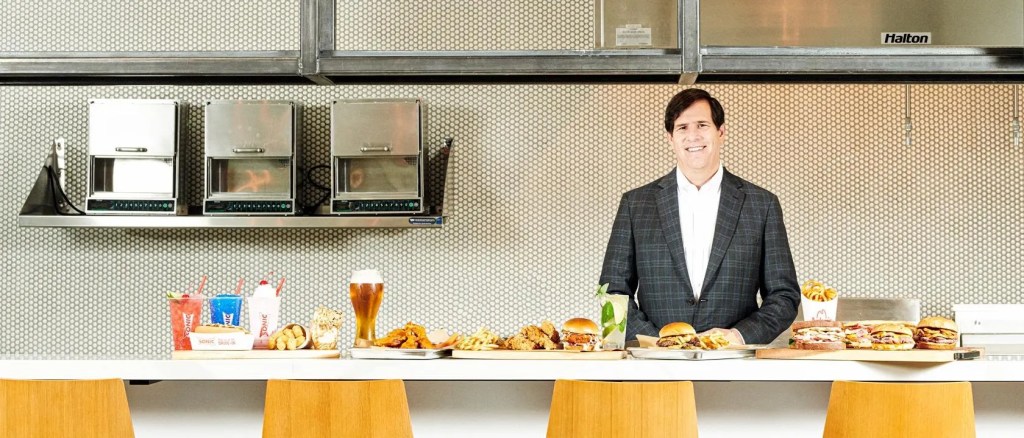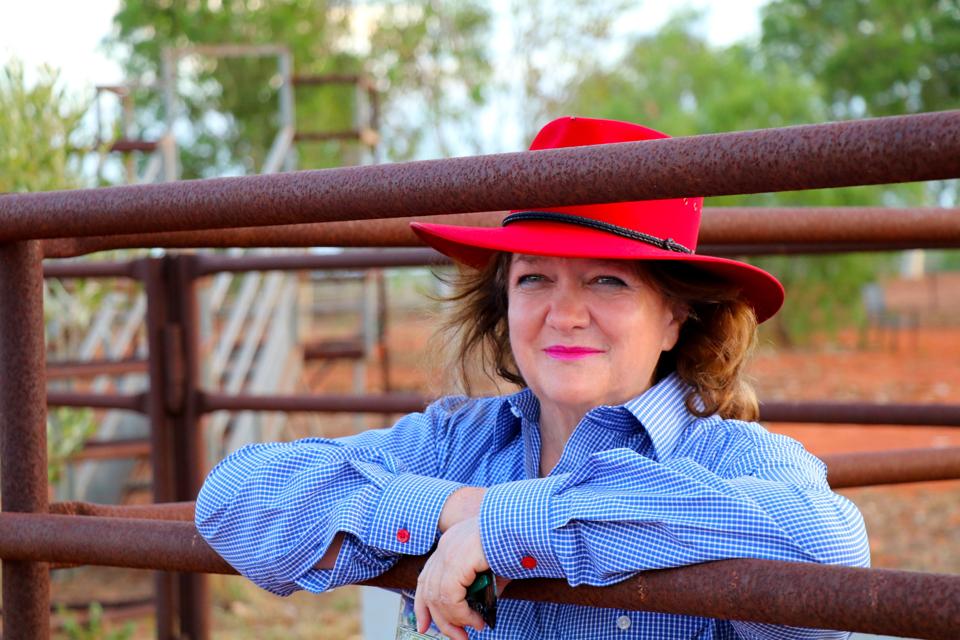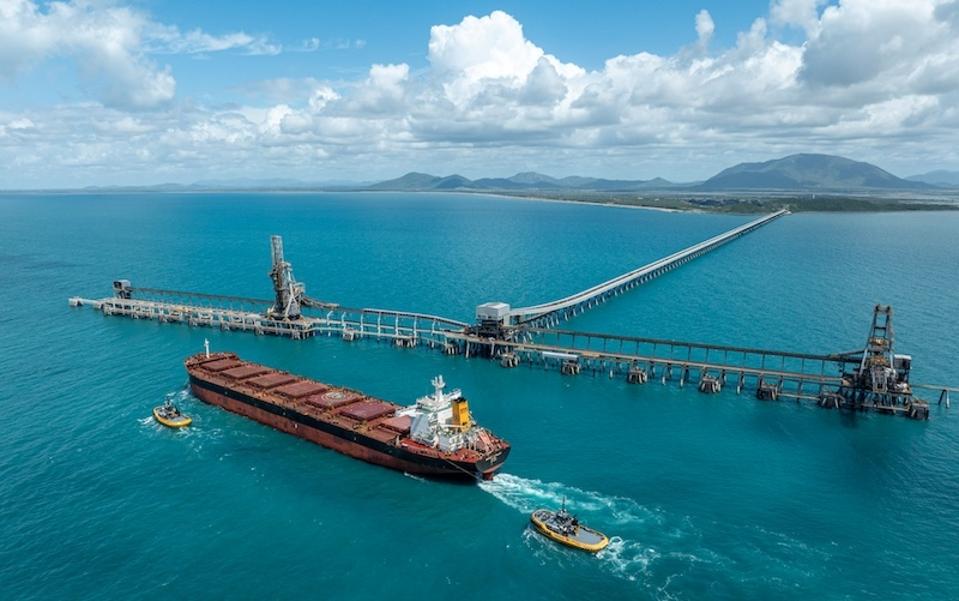After Roark Capital’s US$9.7 billion winning bid for the sandwich chain, Neal Aronson faces his biggest fast-food challenge yet.

Count Greg Flynn, the country’s largest restaurant franchisee, as a believer in Subway’s new owner, Roark Capital, and its founder and managing partner, Neal Aronson.
“Neal has a genius to him,” says Flynn, who owns 360 locations of Roark-backed Arby’s as well as franchises of Panera Bread, a Subway competitor. “People are loyal to him and want to be around him.”
In other words, Flynn says Aronson has the meats.
Subway, owned by its pair of founding families for six decades before last month’s sale to Roark, became notorious for selling so many franchises that there were places where a hungry customer could stand at the door of one Subway and be able to see another. About 2,000 shops have shuttered since 2020, forcing the company to relinquish the title of biggest U.S. restaurant company to McDonald’s. The smaller, nimbler Jersey Mike’s is breathing its salami breath down Subway’s neck, and according to at least one franchising expert, Subway franchisees have endured years of “petty and bureaucratic” management.
“The franchisees’ issues are that they have to get their sales and profitability up,” John A. Gordon, principal at Pacific Management Consulting Group, tells Forbes. “They’ve had a franchisor forever that has not been working for them — petty and bureaucratic.” The family shareholders of Subway’s founders couldn’t be reached for comment.
Enter Aronson, the tall, low-key, 58-year-old investor, who outbid some ten other suitors by offering more than $9.7 billion for Subway, contingent on the chain hitting certain financial milestones as it turns around. In Roark, Subway and its 37,000 locations ended up going to a buyer who already owned 30,000 sandwich sellers. Among them: Jimmy John’s, Arby’s, Sonic, Hardee’s, Schlotzky’s, McAlister’s Deli, Culver’s and Carl’s Jr.
Elbow Grease
Fresh momentum is building, as Subway just hit its tenth consecutive quarter of growth in same-store sales. Foot traffic has been up in six of the first seven months of 2023, according to Placer.ai, even as visits still lag pre-pandemic levels. Profitability has also increased, though Jersey Mike’s, with only a fraction of Subway’s locations, 2,500, has become one of the fastest-growing chains in America. Still, Roark needs to employ some “real elbow grease” to shine up the brand to be what people think it could be, says franchise lawyer Justin Klein, who has represented Subway franchisees for decades.
Subway could consolidate operators, let struggling franchisees out of their non-competes and maybe even offer them a chance at another Roark-backed brand, Klein tells Forbes. “In order for Subway to come out of the rut that they’re in, they need to attract franchisees that not only believe in the system, but can actually make money,” he says. Roark hasn’t publicly commented on its plan for Subway. Its other food-related brands include Auntie Anne’s, Baskin-Robbins, Carvel, Cheesecake Factory, Cinnabon, Dunkin’ Donuts and Jamba Juice.
Subway’s former owners decided the sub shops would be in good hands with Aronson, who has maintained a low profile while becoming private equity’s franchise king. In just the past three years, Aronson’s Roark Capital has more than doubled the assets it manages to over $37 billion. Subway nearly doubles the firm’s fast-food footprint.
Aronson has led Roark, named after the ruthlessly competitive architect in Ayn Rand’s The Fountainhead, since he founded it two decades ago. He remains the firm’s majority owner, and that equity, with the returns he’s made on his investments, makes Aronson a billionaire. Forbes estimates his net worth at $2.7 billion.
Over the years, Aronson has been consistently media shy. He declined to comment for this story. He did, however, sit for an interview with Forbes in 2019 at his office in a glass-enclosed tower in Atlanta’s midtown neighborhood. Back then, he counseled patience. “Always do what’s right and long-term smart, regardless of conventional wisdom,” he told Forbes.
The Emperor Of Ice Cream
Aronson is responsible for most of the restaurant industry’s biggest deals of the past decade, among them Roark scooping up Carl’s Jr. and Hardee’s for $1.75 billion in 2013. When the pandemic hit, Aronson saw cheap deals with few bidders. He chowed down. In April 2020, just as Cheesecake Factory furloughed 41,000 workers and its stock plummeted more than 60%, Roark bought preferred shares for $200 million. In December 2020, Roark spent $11.3 billion to acquire Dunkin’ and Baskin-Robbins.
OVER A BILLION SERVED
Neal Aronson’s firm, Roark Capital, owns enough fast-food companies to populate an entire interstate’s rest areas.
 | Arby’s |  | Auntie Annie’s |
 | Baskin-Robbins |  | Buffalo Wild Wings |
 | Carl’s Jr. |  | Carvel |
 | The Cheesecake Factory |  | Cinnabon |
 | Culver’s |  | Dunkin’ |
 | Hardee’s |  | Jamba |
 | Jimmy John’s |  | Jim ‘N Nick’s |
 | McAlister’s Deli |  | Miller’s Ale House |
 | Moe’s Southwest Grill |  | Nothing Bundt Cakes |
 | Schlotzsky’s |  | Seattle’s Best Coffee |
 | Sonic |  | Subway |
The son of a stockbroker and a schoolteacher from Livingston, New Jersey, Aronson studied finance at Lehigh University and supported himself by trading baseball cards (his best: 1953 Willie Mays). After graduating in 1987, he worked at some of the finance industry’s best-known firms, including Drexel Burnham Lambert and Acadia Partners, now Oak Hill Partners. At Odyssey Partners, Aronson learned under buyout pioneers Leon Levy and Jack Nash.
In 1995, at age 30, Aronson joined his uncle, the former president of Holiday Inn, as a cofounder of U.S. Franchise Systems. As chief financial officer, Aronson saw what it took for topline metrics to impact franchisee balance sheets, and together they grew a chain of 27 regional hotels into the tenth-largest hotel franchisor in the country with more than 1,100 properties. In 2000 it sold to the Pritzker family’s Hyatt Hotels for $100 million. Aronson pocketed an estimated $10 million, and went solo a year later. With backing from Nash and Levy, he set out to take on the franchise industry.
Aronson’s buy-and-hold strategy has put him at odds with the bulk of his buyout peers, who are more interested in exits every three to five years. Roark still owns Aronson’s first investment, the ice-cream chain Carvel, purchased in 2001 for $48 million. A rare Roark IPO was Texas-based takeout restaurant Wingstop, which raised $126 million in a 2015 offering and delivered Roark a five-and-a-half-times return on investment. Before the pandemic, Aronson had only ever exited a dozen companies, divesting just two in the first ten years of Roark’s business. Roark has exited another ten since 2020, including restaurants such as Corner Bakery and Naf Naf Grill.
Despite becoming wealthy one drive-thru order at a time, Aronson indulges in many of the trappings of a wizard of finance. There’s his $26.7 million Bombardier jet, the vacation home he sold last year on South Carolina’s Hilton Head Island and the two conjoining residential properties in Atlanta’s Buckhead neighborhood, where he lives.
“He understands that he can’t be successful without his franchisees being successful,” says the admiring Flynn, Arby’s biggest franchisee. “He’s been able to see the diamonds in the rough. Arby’s is a great example of that. It was in rough shape but it met a need and had a core customer group that loved it. It became one of the great restaurant turnaround stories and kicked off his run.”
With reporting from Sue Radlauer
This article was originally published on forbes.com and all figures are in USD.


